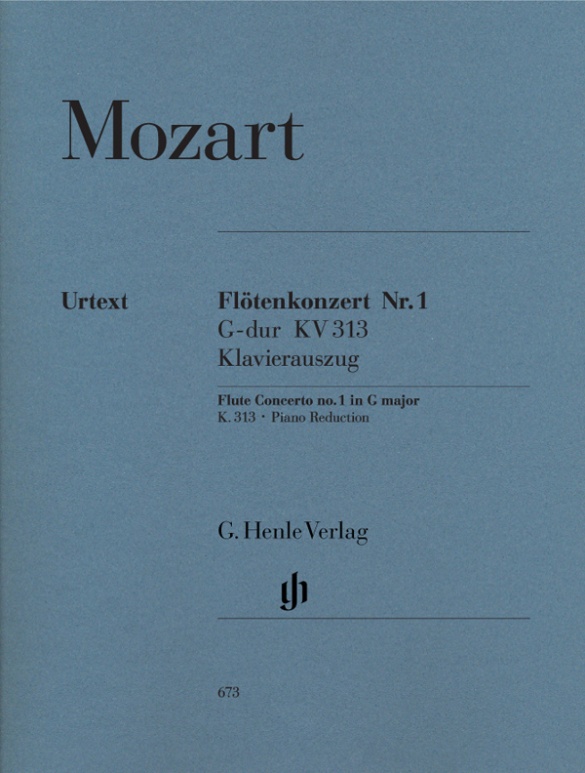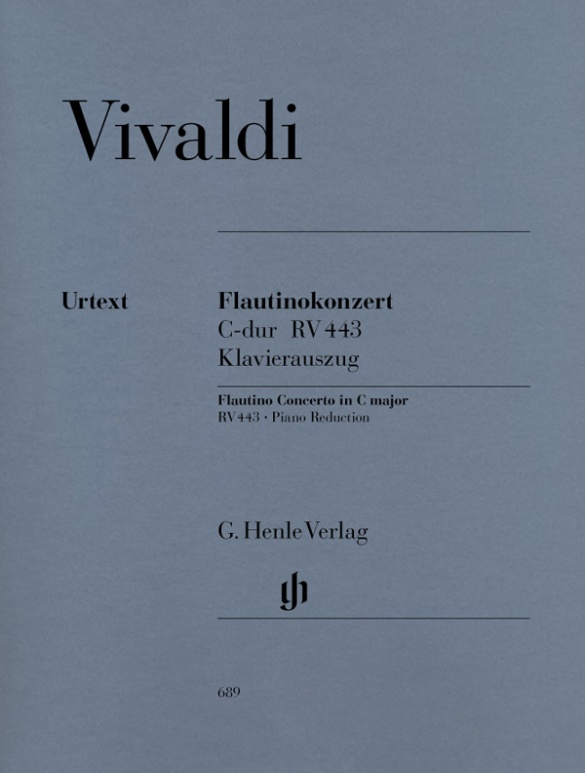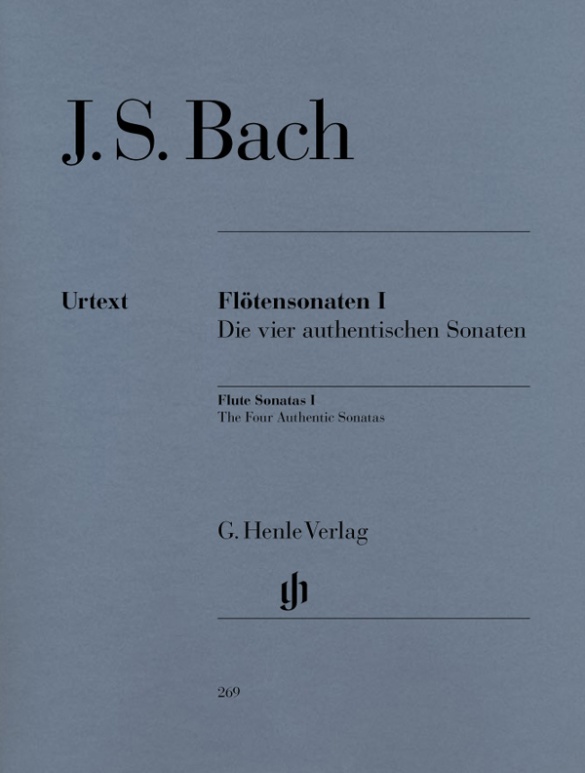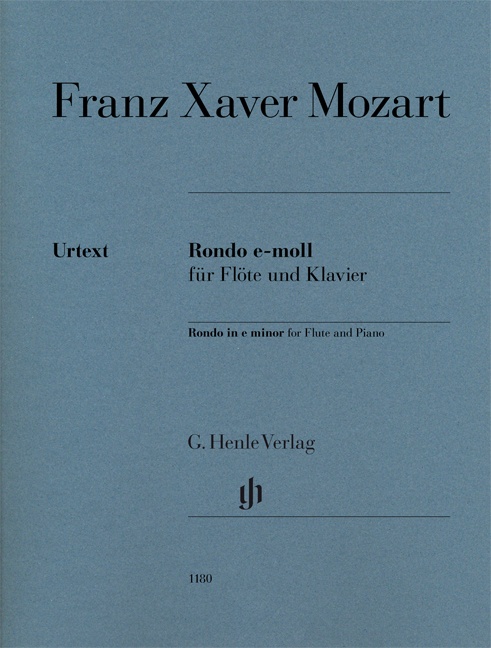

Franz Xaver Mozart
Rondo in e minor for Flute and Piano
Franz Xaver Wolfgang Mozart did not have an easy time of it – throughout his life his compositions were always compared to those of his father. It is only recently that he has slowly begun to come into his own. His works have their very own individual sound that already forges a link with Romanticism.
The specialist Karsten Nottelmann has edited Urtext editions of all of Franz Xaver’s piano works for Henle publishers (HN 958, 959), and now he is continuing with the Rondo for Flute and Piano. Flautists greatly value this melodious work that is very suitable for teaching purposes and music at home.
Content/Details
About the Composer
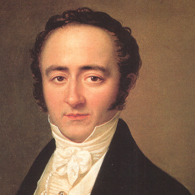
Franz Xaver Mozart
Austrian composer and pianist. In addition to his compositions for piano (including concerti, sonatas, polonaises) he wrote song cycles, chamber music, and other things. His transcriptions of works by his father are important in the reception history of Wolfgang Amadeus Mozart.
| 1791 | Born in Vienna on July 26, the youngest son of Wolfgang Amadeus Mozart. His mother Constanze set him on an early path toward a career in music. In Prague he receives his first piano lessons from Franz Xaver Niemetschek, and in Vienna he is taught by Johann Nepomuk Hummel, Antonio Salieri, and Johann Georg Albrechtsberger, among others. |
| 1802 | His Piano Quartet in G minor, op. 1, is published. |
| 1808–10 | In Pidkamin, Galicia, near Lemberg (Lviv), he is appointed personal music teacher to the children of Count Baworowski. |
| from 1813 | Works as a freelance composer and teacher. |
| 1818 | Genesis and publication of his Piano Concerto in E-flat major, op. 25. |
| 1819–22 | An extended artistic tour takes him through the metropolises of Europe, including Prague, Copenhagen, Warsaw, Berlin, Venice, and Salzburg. |
| 1826 | He founds the St Cecilia Choir of Lviv. |
| 1838 | Back in Vienna he gives concerts and teaches. Ernst Pauer is among his pupils. |
| 1841 | He is named honorary music director of the Salzburg Cathedral Music Society, and of the Mozarteum. His inaugural winter concert that year popularizes Chopin’s works in Vienna. |
| 1842 | He performs in Salzburg as part of ceremonies to consecrate the monument honoring his father. |
| 1844 | Dies in Carlsbad (Karlovy Vary) on July 29. |
About the Authors
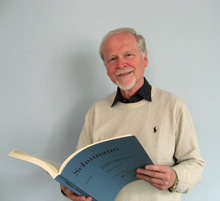
Rolf Koenen (Fingering)
As a pupil, Prof. Rolf Koenen, born in 1946 in Duisburg, had already had contact with Ewald Zimmermann, the first editor at the young publishing house. He studied the piano at the Folkwangschule in Essen with Detlef Kraus, with Ludwig Hoffmann in Munich and with Maria Tipo in Florence.
He gave concerts in a permanent duo partnership with Hansjörg Schellenberger, who was later to become the solo oboe player with the Berlin Philharmonic, and made several recordings with the Deutsche Grammophon-Gesellschaft, with Denon and Sony. Other chamber music partners included András Adorján, Stefan Dohr, Wolfgang Schulz, Claes H. Ahnsjö. Following a teaching position in Munich, Rolf Koenen was appointed as a professor at the Berlin University of the Arts in 1982.
Product Safety Informations (GPSR)

G. Henle Verlag
Here you can find the information about the manufacturer of the product.G. Henle Verlag e.K.
Forstenrieder Allee 122
81476 München
Germany
info@henle.de
www.henle.com
This beautifully presented edition maintains Henle's reputation for scholarly editing, with clear and interesting notes referring to the manuscript sources. As one of a relatively small number of flute works from the early 19th century, this piece deserves to be taken seriously as a part of the repertoire, and this edition may play some part in its becoming better known.
The Flutist Quaterly, 2014Die Urtextausgabe des Henle Verlages editiert den Sonatensatz gewohnt qualitativ hochwertig, was die äußeren aber auch die inhaltlichen Faktoren wie Vorwort, Satz sowie Kritischer Bericht im Anhang betrifft.
Flöte aktuell, 2013推荐
autogenerated_cross_selling
本书目其他版本
本书目其他版本


